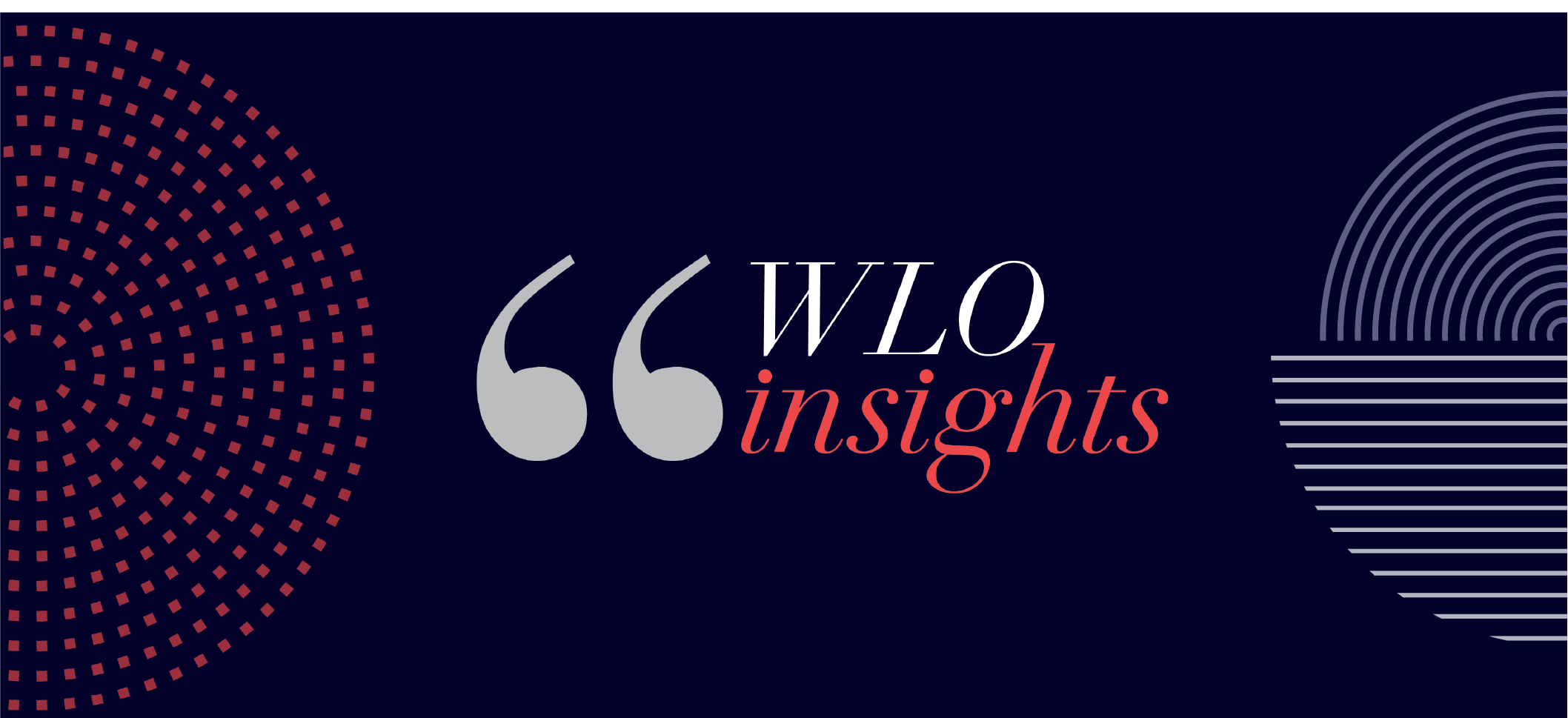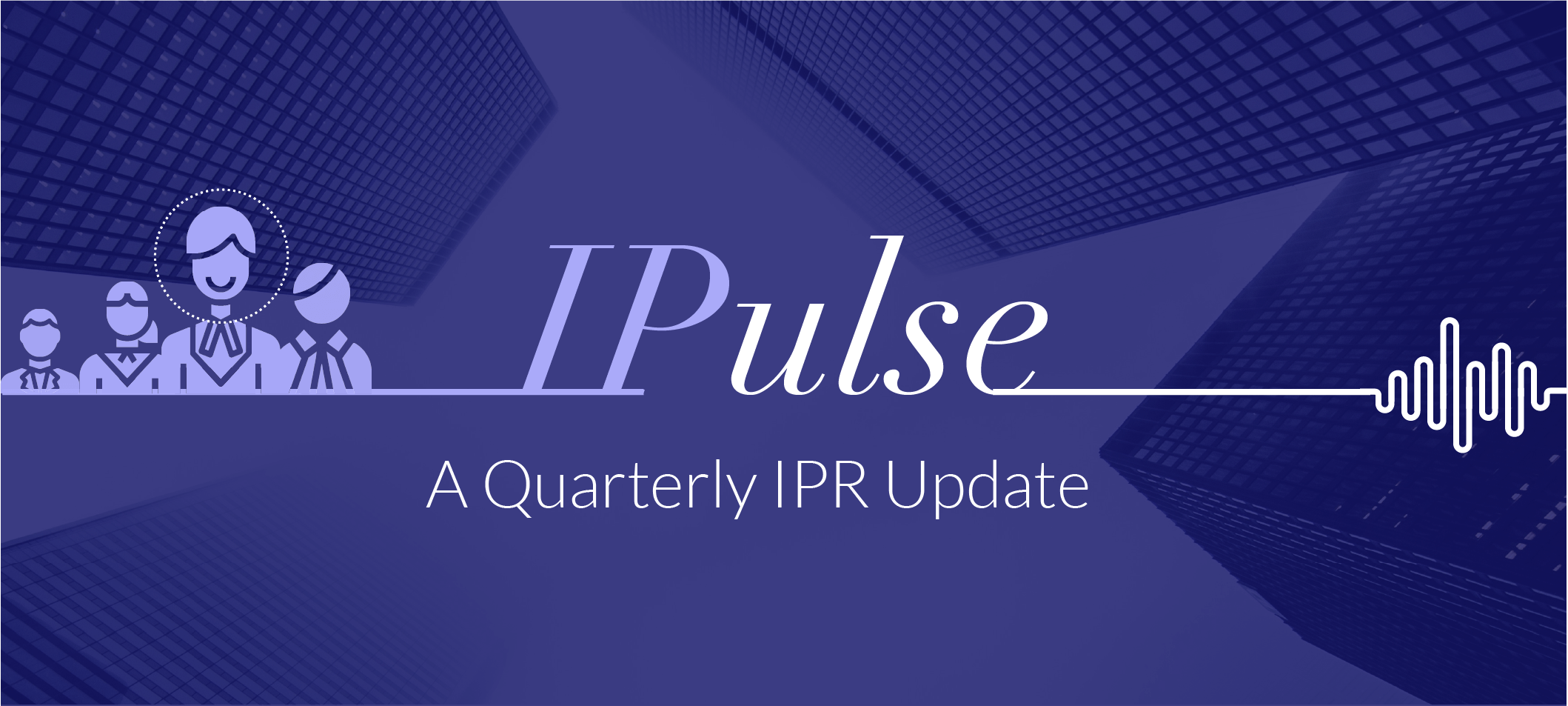Our Insights

Forfeiting Gratuity When Disciplinary Proceedings are Held
- 11 April 2025
- IBLJ

The Taxing Conundrum of Secondments
- 24 December 2024
- IBLJ
If you would like a more specific insight on the subject, reach us at nitinwadhwa@walaw.in and agrimaawasthi@walaw.in.

Workforce Changes During Business Reorganisation
- 13 November 2024
- IBLJ
A key aspect of business reorganisations that requires consideration is the employment status of the workforce that is impacted by the proposed transaction.
If you would like a more specific insight on the subject, reach us at nitinwadhwa@walaw.in and agrimaawasthi@walaw.in.

Is a Lock-in Period for Employees a Restraint of Trade?
- 10 September 2024
- IBLJ
If you would like a more specific insight on the subject, reach us at nitinwadhwa@walaw.in and agrimaawasthi@walaw.in.

A Deep Dive into India’s SEPs Litigation
- June 2024
- LES JAPAN NEWS, Vol.65, No.2, June 2024, P.30-39
The introduction of Commercial Courts Act in 2015 (amended in 2018) (“Commercial Courts Act”) categorized the IP disputes, including patent disputes, as commercial disputes to expedite commercial litigation.

LGBTQ+ Allyship At The Workplace
- 31 July 2024
- IBLJ
With Pride month gone by, the gaps in the Indian legal landscape that, in effect, deny equal opportunities and safety for the LGBTQ+ community in the workplace continue to remain unaddressed.
If you would like a more specific insight on the subject, reach us at nitinwadhwa@walaw.in and agrimaawasthi@walaw.in.

Constructive dismissal: The quiet firing
- 13 June 2024
- IBLJ
Constructive dismissal, although not expressly defined and recognised under Indian law, is a significant concern in the country’s employment landscape.
It refers to an employer’s conduct that effectively alters the terms and conditions of employment, such that it makes the work environment unbearable for an employee.
If you would like a more specific insight on the subject, reach us at nitinwadhwa@walaw.in and agrimaawasthi@walaw.in.

Equal opportunities for women: Looking beyond sexual harassment
- 09 May 2024
- IBLJ
While workplaces in India have made significant progress during the past decade in implementing the Sexual Harassment of Women at Workplace (Prevention, Prohibition and Redressal) Act, 2013 (PoSH act), the law still needs to address gaps in moving towards safer workplaces for women.
If you would like a more specific insight on the subject, reach us at nitinwadhwa@walaw.in and agrimaawasthi@walaw.in.




Matters on Minds
- 18 October 2024
- IBLJ
The year 2024 is being marked with many changes: a new government, the upcoming US presidential election, increased use of artificial intelligence across industries, etc.
Any questions, reach our Founder and Managing Partner at nitinwadhwa@walaw.in.

Hanging in the balance
- 27 July 2023
- IBLJ
India’s business laws are distinctive for the severe penalties of imprisonment and public disgrace that they impose for rule violations.
Any questions, reach our Founder and Managing Partner at nitinwadhwa@walaw.in.


Hoffmann-La Roche v. Natco Pharma – A Judicial Balancing of Innovation and Access
- 26 March 2025
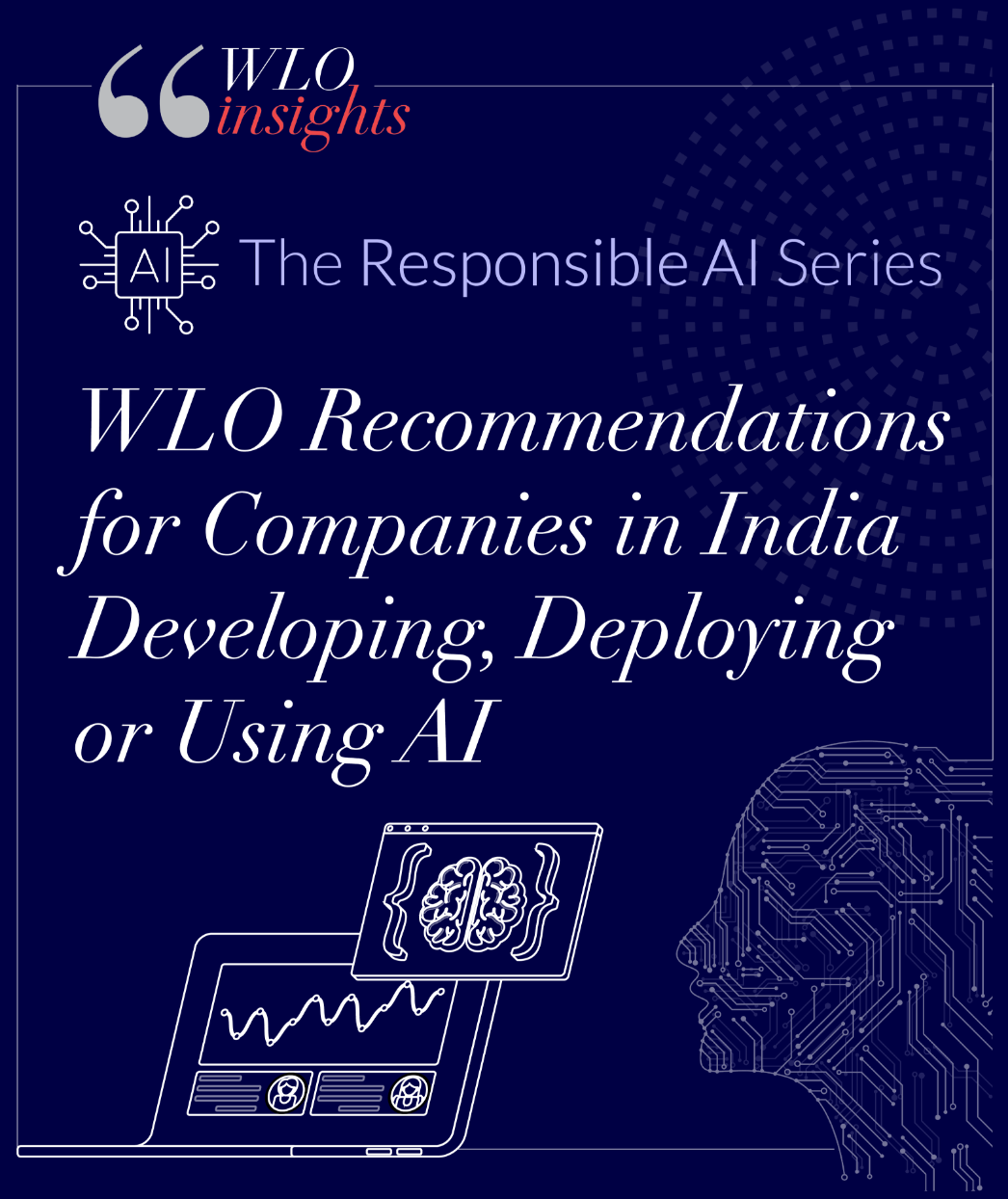
Responsible AI Series - WLO Recommendations
- 14 September 2024
The EU AI Act provides an excellent benchmark to categorize the various uses of AI. Companies operating in the AI space should begin to take steps to comply with the Act. Even if your organization does not fall within the purview of the AI Act, it is prudent to take proactive measures to mitigate future risks and build trust with customers and investors.

The Jan Vishwas (Amendment of Provisions) Act, 2023
- 21 March 2024
The provisions of the Act pertaining to Intellectual Property—Patents, Trademarks, Copyrights, and Geographical Indications—have come into force starting August 1, 2024, pursuant to the notification by the Department for Promotion of Industry and Internal Trade. It amends certain provisions to decriminalise and rationalise offences to further enhance trust-based governance for ease of living and doing business.

The Patents (Amendment) Rules, 2024
- 21 March 2024
Details of corresponding foreign applications in Form-3 are now required to be filed within six months from the date of filing of the Indian application (same as earlier); and within three months of issuance of First Examination Report (FER). There is no obligation to submit regular updates within six months of filing of any new corresponding foreign application.
If you have any questions regarding Patent (Amendment) Rules, reach us at nitinwadhwa@walaw.in and davenderpunia@walaw.in.
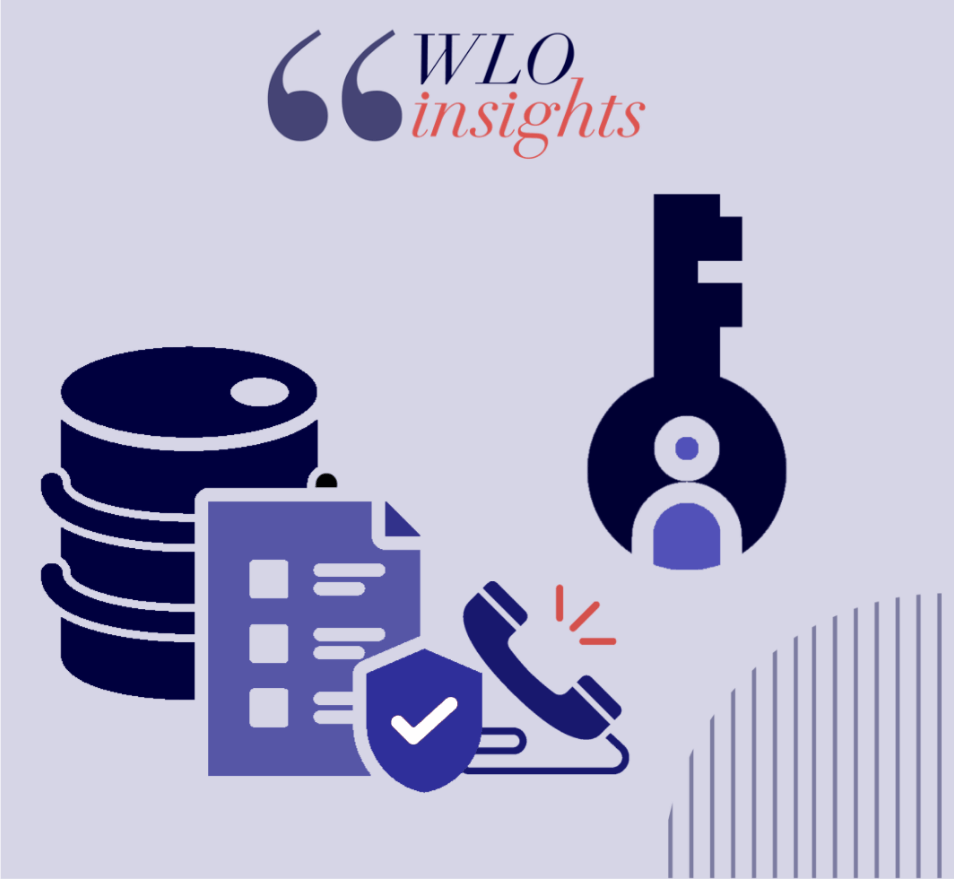
The Digital Personal Data Protection Act, 2023: Implications for B2C Entities
- 11 October 2023
The Act applies to businesses that collect, store and process, and/or decide the purpose and means of processing, personal data (“Data Fiduciaries”) of their customers (“Data Principals”).
If you have any questions regarding guidance for businesses on the DPDP Act, reach us at nitinwadhwa@walaw.in.
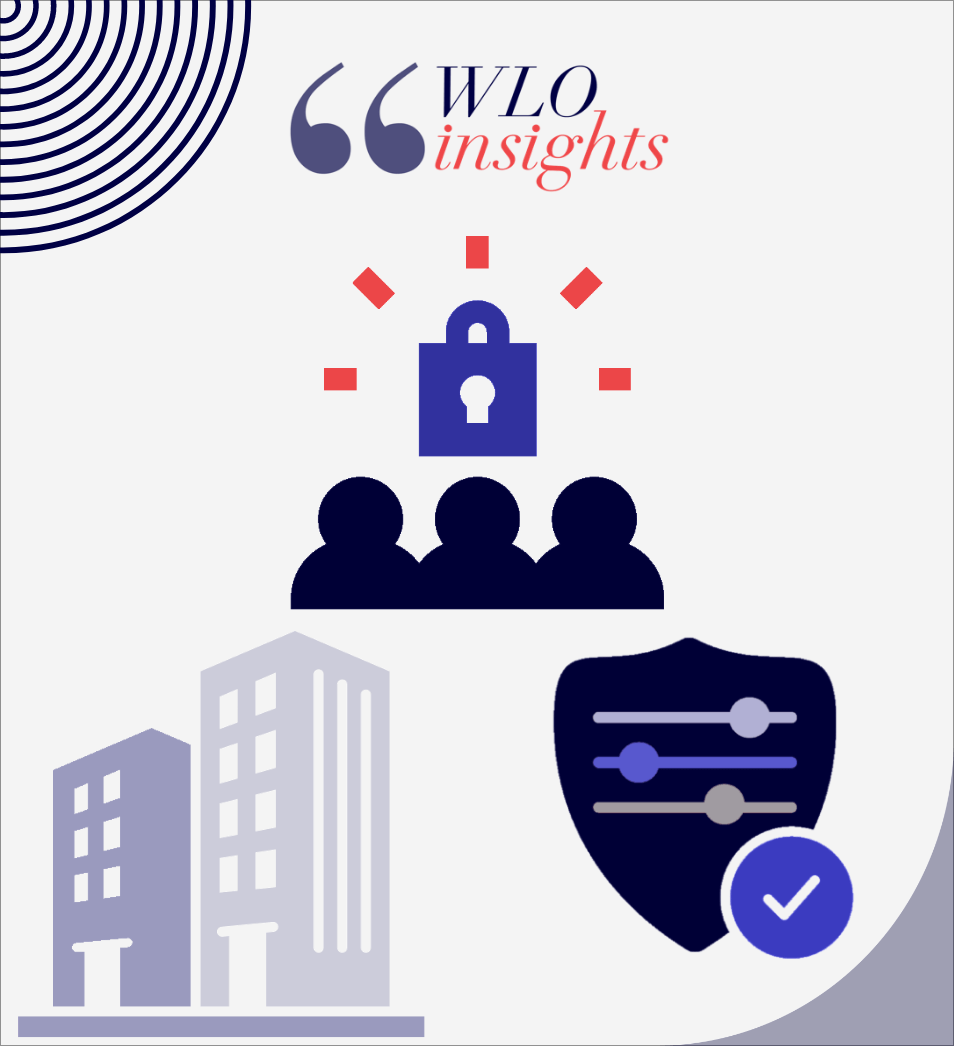
The Digital Personal Data Protection Act, 2023: Implications for B2B Entities
- 11 October 2023
The Act applies to businesses that collect, store and process, and/or decide the purpose and means of processing, personal data (“Data Fiduciaries”) that belongs to (among others) customers/clients, employees, shareholders, vendors, suppliers, and other service providers (each, a “Data Principal”).
If you have any questions regarding guidance for businesses on the DPDP Act, reach us at nitinwadhwa@walaw.in.

The Digital Personal Data Protection Act, 2023: Implications for Employers
- 02 October 2023
The Act applies to employers who collect, store and process their employees’ personal data background verification, health and medical information, financial information, provision of social security benefits, security protocols such as biometrics and CCTV footage and documents pursuant to internal policies and procedures.
If you have any questions regarding India’s emerging data protection framework and its potential impact on employers, reach us at nitinwadhwa@walaw.in.



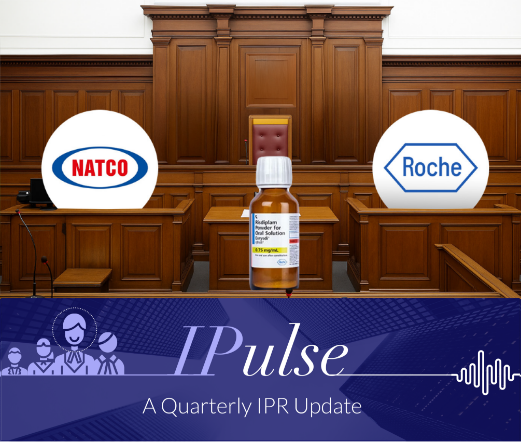
Fifth Edition | IPulse | A Quarterly IPR Update
- 09 May 2025
If you would like a copy of the newsletter, reach us at ipconnect@walaw.in.

Fourth Edition | IPulse | A Quarterly IPR Update
- 22 January 2025
A recent case before the Madras High Court involved the
issue of patentability of an invention pertaining to a process for generating antibodies in non-human mammals.
If you would like a copy of the newsletter, reach us at ipconnect@walaw.in.
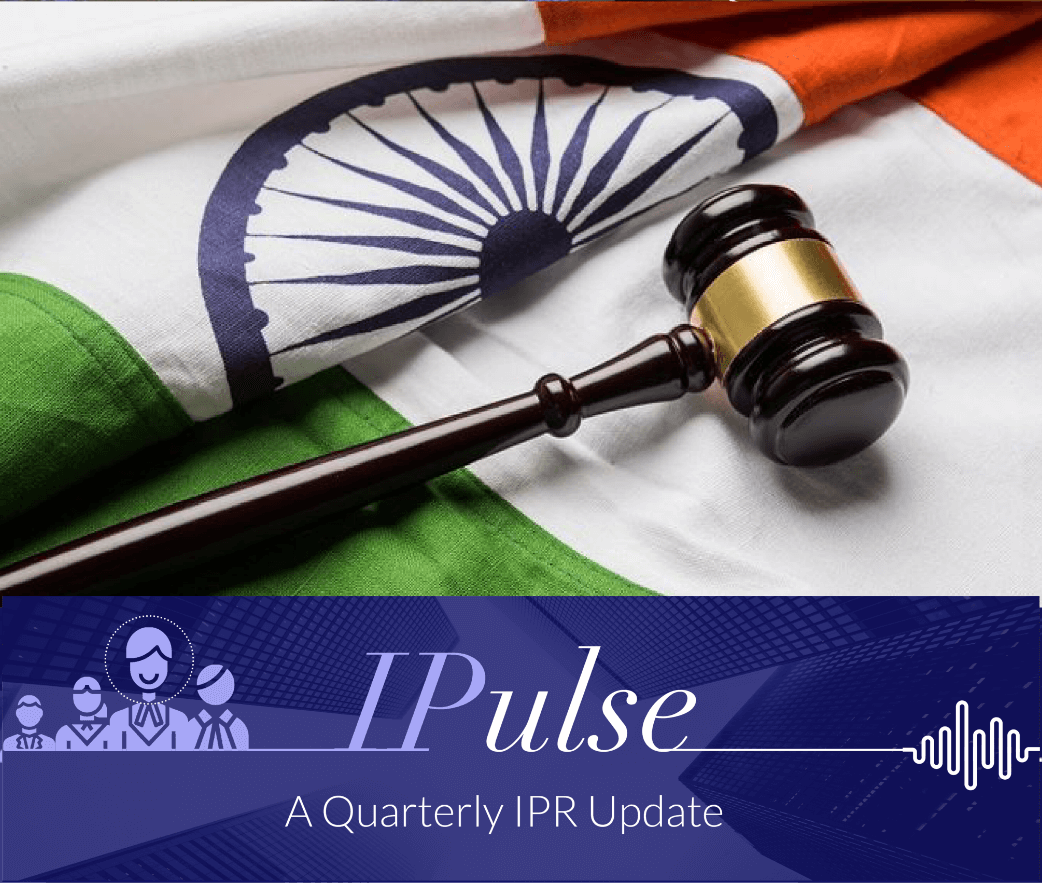
Third Edition | IPulse | A Quarterly IPR Update
- 13 November 2024
The provisions of the Jan Vishwas (Amendment of Provisions) Act, 2023 (“Act”) pertaining to Intellectual Property have come into force starting August 1, 2024, pursuant to the notification by the DPIIT.
If you would like a copy of the newsletter, reach us at ipconnect@walaw.in.
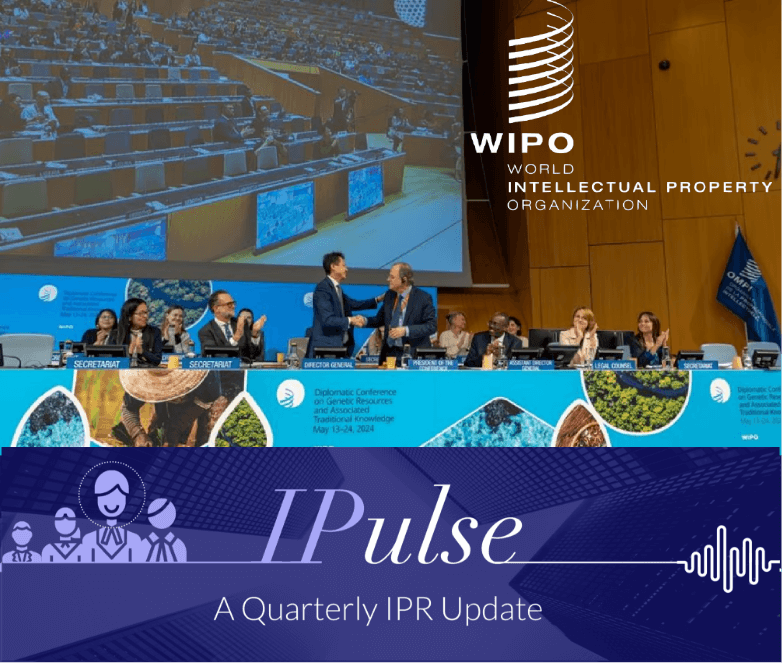
Second Edition | IPulse | A Quarterly IPR Update
- 20 August 2024
If you would like a copy of the newsletter, reach us at ipconnect@walaw.in.

First Edition | IPulse | A Quarterly IPR Update
- 01 June 2024
The Indian Patent Office granted over one lakh patents in the year from 15-Mar-2023 to 14-Mar-2024 which amounts to 250 patents every working day. A record number of 1532 patent orders were issued in a single day!
If you would like a copy of the newsletter, reach us at ipconnect@walaw.in.








